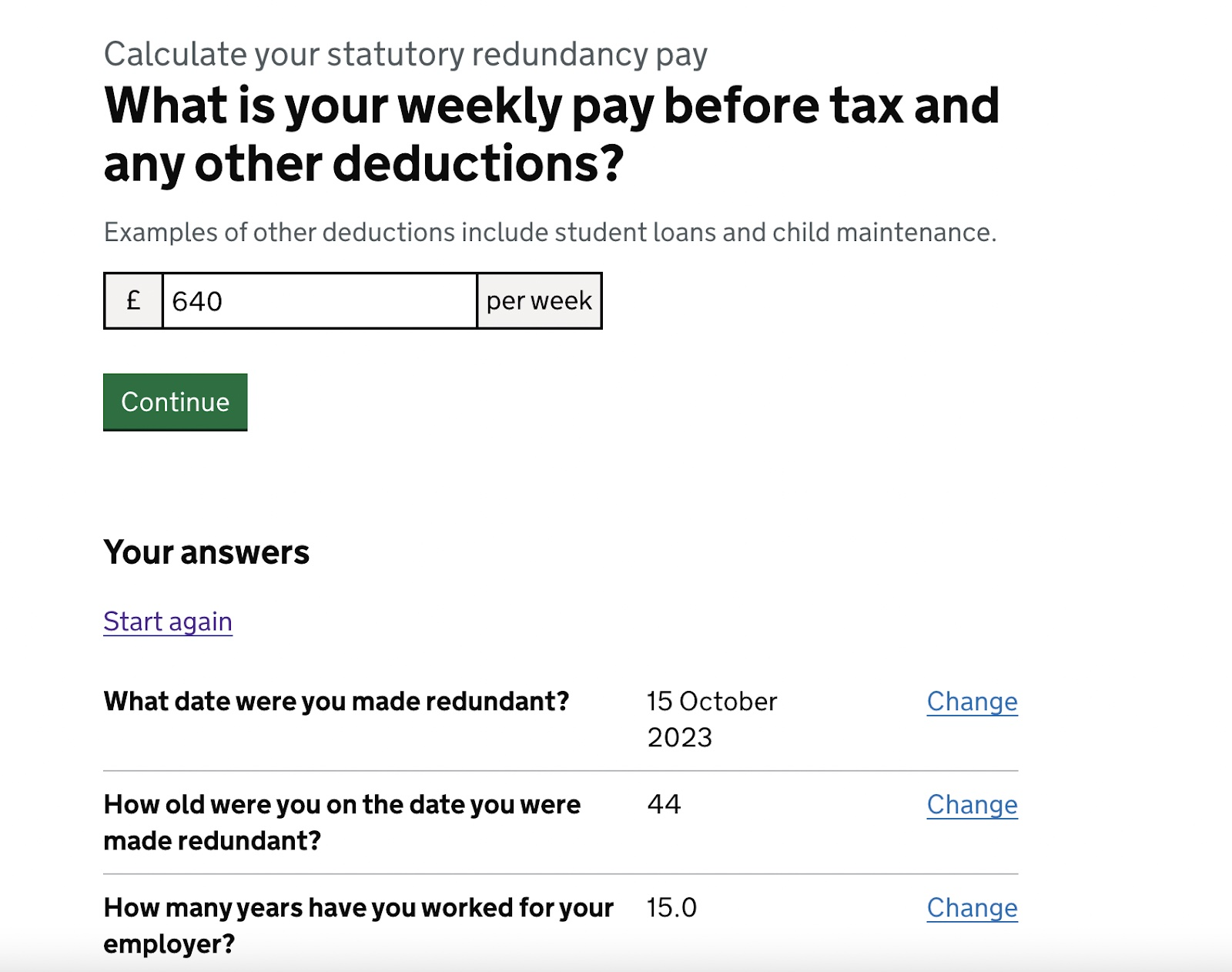Just How to Handle Redundancy Pay If Company Goes Bust: Trick Details for UK Employees
Just How to Handle Redundancy Pay If Company Goes Bust: Trick Details for UK Employees
Blog Article
Checking Out the Interplay In Between Firm Redundancy and Organizational Versatility for Future Growth
In the dynamic landscape of today's business globe, the intricate connection in between business redundancy and business adaptability emerges as a vital aspect for continual development and success. Firms often face the difficulty of striking a fragile equilibrium in between maintaining a level of redundancy to alleviate risks and cultivating versatility to react quickly to the ever-evolving market needs.
Significance of Company Redundancy
Company redundancy is a critical aspect that boosts organizational resilience and alleviates functional threats. By integrating redundancy steps within the organizational structure, companies can better withstand unforeseen interruptions and changes in business environment. Redundancy serves as a critical buffer, permitting companies to adjust and react efficiently to unforeseen obstacles without jeopardizing necessary procedures.
One secret facet of the relevance of business redundancy is its role in making certain continuity during times of situation. When encountered with abrupt adjustments or emergency situations, redundant systems, sources, or workers can step in to keep crucial functions and prevent extensive disturbances. This continuity not only safeguards the company's track record and client count on however additionally lessens monetary losses and operational downtime.

Techniques for Business Adaptability

Developing versatile organizational frameworks that permit for fast adjustments to market dynamics and consumer requirements is vital for staying competitive in a quickly progressing atmosphere. By proactively identifying prospective disruptions and opportunities, companies can proactively thrive and adapt in an ever-changing service landscape.
Harmonizing Redundancy and Flexibility
Accomplishing a harmonious equilibrium in between functional redundancy and business versatility is paramount in browsing the complexities of a vibrant organization setting. Redundancy within a firm supplies a safeguard, making sure connection and security in procedures. However, an excess of redundancy can cause inadequacies and hinder flexibility to changing market problems. On the various other hand, organizational flexibility allows companies to respond immediately to exterior interruptions and confiscate new chances. Striking the right balance in between redundancy and adaptability is a delicate process that needs a deep understanding of the company's objectives, industry characteristics, and threat tolerance.
To accomplish this equilibrium, business require to conduct regular assessments of their operations to identify areas where redundancy is necessary for danger reduction and where adaptability can drive development and growth. Implementing flexible structures, promoting a society of continual discovering and enhancement, and motivating open communication across all levels of the organization are essential strategies to harmonize redundancy and flexibility successfully. By lining up these two critical components, companies can position themselves for lasting development and success in an ever-changing service landscape.
Study on Adjustment Success
In analyzing instances of successful organizational adaptation, it comes to be noticeable that the interaction in between functional redundancy and versatility is a defining aspect in forming durable services. A DVD rental solution, Netflix showed exceptional flexibility by transitioning right into a streaming system when digitalization disrupted the market. These situation research studies highlight the importance of operational redundancy coupled with organizational adaptability in fostering long-term development and competition.
Structure Durability for Future Growth
Structure resilience for future development requires a critical positioning of functional processes with market characteristics and emerging fads. Business have to adapt to transforming atmospheres by cultivating a culture of adaptability, development, and continual improvement.
Additionally, cultivating solid partnerships with stakeholders, such as clients, staff members, providers, and the area, is important for preserving and weathering unpredictabilities count on and assistance throughout rough times. Reliable communication and transparency play an essential role in building durability, as they aid help with and line up assumptions cooperation in navigating uncertainties.
Furthermore, organizations require to focus on knowing and advancement efforts to upskill staff members and equip them with the required tools to adapt to altering conditions. By spending in their labor force, companies can enhance their versatility and agility, eventually enhancing their strength for lasting future development.
Verdict
In the vibrant landscape of today's company globe, the intricate partnership between business redundancy and business adaptability arises as a crucial element for continual development and success. Companies typically encounter the challenge of striking a delicate equilibrium in between keeping a level of redundancy to alleviate risks and cultivating versatility to redundancy pay if company goes bust react swiftly to the ever-evolving market demands.To accomplish this equilibrium, firms require to conduct regular assessments of their operations to determine locations where redundancy is needed for threat reduction and where flexibility can drive advancement and growth.In conclusion, the interplay in between firm redundancy and organizational versatility is vital for future development. Structure strength via a mix of redundancy and flexibility will certainly make sure that companies are prepared for the difficulties of the future.
Report this page